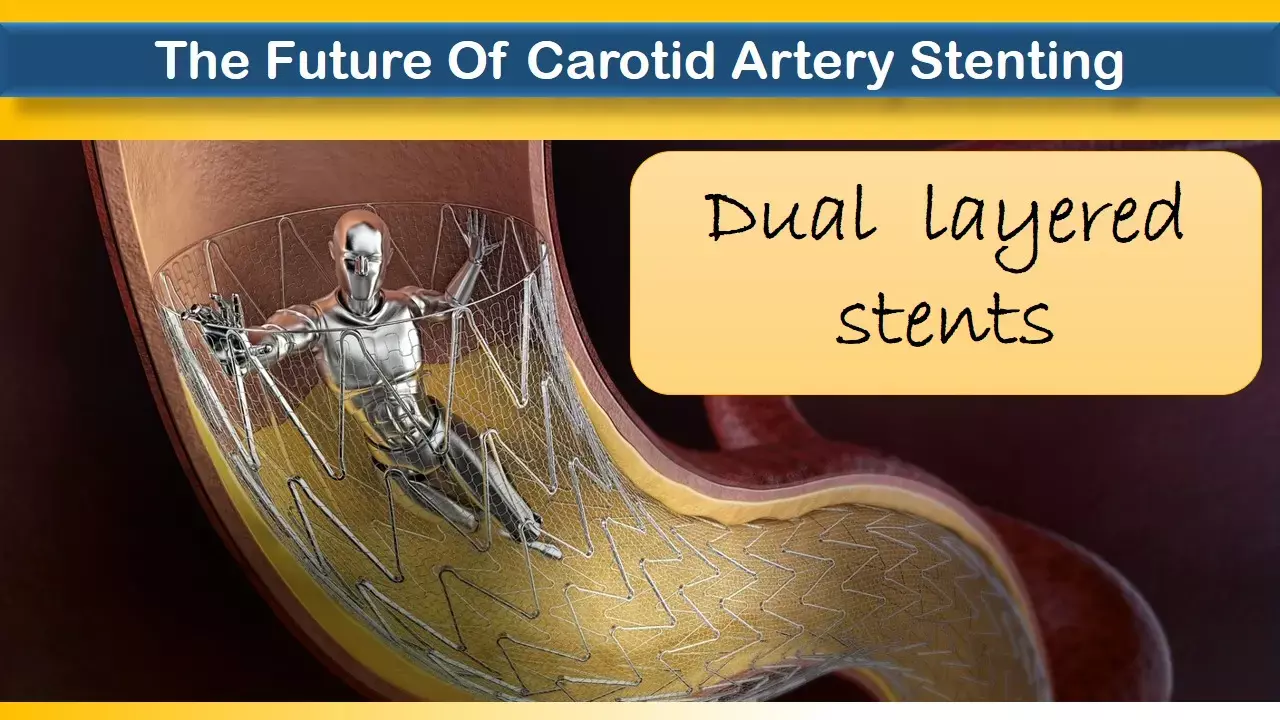- Home
- Medical news & Guidelines
- Anesthesiology
- Cardiology and CTVS
- Critical Care
- Dentistry
- Dermatology
- Diabetes and Endocrinology
- ENT
- Gastroenterology
- Medicine
- Nephrology
- Neurology
- Obstretics-Gynaecology
- Oncology
- Ophthalmology
- Orthopaedics
- Pediatrics-Neonatology
- Psychiatry
- Pulmonology
- Radiology
- Surgery
- Urology
- Laboratory Medicine
- Diet
- Nursing
- Paramedical
- Physiotherapy
- Health news
- Fact Check
- Bone Health Fact Check
- Brain Health Fact Check
- Cancer Related Fact Check
- Child Care Fact Check
- Dental and oral health fact check
- Diabetes and metabolic health fact check
- Diet and Nutrition Fact Check
- Eye and ENT Care Fact Check
- Fitness fact check
- Gut health fact check
- Heart health fact check
- Kidney health fact check
- Medical education fact check
- Men's health fact check
- Respiratory fact check
- Skin and hair care fact check
- Vaccine and Immunization fact check
- Women's health fact check
- AYUSH
- State News
- Andaman and Nicobar Islands
- Andhra Pradesh
- Arunachal Pradesh
- Assam
- Bihar
- Chandigarh
- Chattisgarh
- Dadra and Nagar Haveli
- Daman and Diu
- Delhi
- Goa
- Gujarat
- Haryana
- Himachal Pradesh
- Jammu & Kashmir
- Jharkhand
- Karnataka
- Kerala
- Ladakh
- Lakshadweep
- Madhya Pradesh
- Maharashtra
- Manipur
- Meghalaya
- Mizoram
- Nagaland
- Odisha
- Puducherry
- Punjab
- Rajasthan
- Sikkim
- Tamil Nadu
- Telangana
- Tripura
- Uttar Pradesh
- Uttrakhand
- West Bengal
- Medical Education
- Industry
Dual layered stents give excellent outcomes for carotid artery stenting, IRON-GUARD-2 study

Tremendous efforts have been made to identify techniques and technologies that can reduce the risk of minor periprocedural stroke with carotid artery stenting (CAS). In the latest issue of JACC: Cardiovascular Interventions, Sirignano et al detail their 1-year follow-up results from the IRONGUARD-2 study using the CGuard-EPS dual-layered stent (DLS) for CAS. This real-world registry has shown that DLS use in clinical practice is safe and associated with minimal occurrence of adverse neurologic events up to 12-month follow-up.
Plaque protrusion through the stent struts has been speculated to cause periprocedural ipsilateral strokes with conventional stents that are being used for CAS. Dual-layered stents (DLS), a new generation of devices, were recently developed to overcome this adverse procedural occurrence, consisting of Nitinol stents combined with a mesh (Nitinol or polyethylene terephthalate) that potentially captures plaque debris and thrombus between the stent and the arterial wall.
The higher metallic coverage afforded by DLSs raised concerns for the potential of both higher rates of restenosis and thrombosis compared with traditional carotid stent designs. With widespread implantation of this novel DLS, is it possible that we might substitute a short-term periprocedural stroke risk for longer-term risks of stent restenosis or thrombosis?
With these key issues in mind, Sirignano et al conducted a physician-initiated, prospective, multispecialty registry enrolled 733 consecutive patients undergoing CAS using the CGuard embolic prevention system.
The primary endpoint was the occurrence of death and stroke at 1 year. Secondary endpoints were 1-year rates of transient ischemic attack, acute myocardial infarction, internal carotid artery (ICA) restenosis, in-stent thrombosis, and external carotid artery occlusion.
The study had a 99% follow-up rate, with 726 of 733 patients completing the 1-year follow-up. Beyond the initial periprocedural 30-day period, there was 1 additional stroke for a cumulative 365-day stroke rate of 0.68%, or 5 of 726 patients. The 12-month restenosis rate was also very low at 0.82%, and only 2 of the 6 patients with restenosis required repeat revascularization.
Since the intensity and duration of antithrombotic medication for DLSs in the carotid artery is controversial, the results from this study have shed some light on this aspect. No predictors of target ICA restenosis and/or occlusion could be detected, and dual-antiplatelet therapy duration (90 days vs 30 days) was not found to be related to major adverse cardiovascular event or restenosis occurrence.
"The persistently low stroke rate (<1%) over the course of 12 months is extremely encouraging, providing evidence now not only for safety, but also for the efficacy of DLSs as a viable therapy for ipsilateral stroke prevention in patients with atherosclerotic carotid stenosis", note Giri et al in an accompanying editorial.
DLS could represent a solution in preventing events related to embolization through stent struts. The IRONGUARD 2 study represents the largest real-world study on patients undergoing CAS with DLS. The use of DLS has proved safe and effective in lowering periprocedural and postprocedural neurologic complications.
These data can be considered hypothesis generating toward the design of a large-scale clinical trial to definitively investigate the long-term safety and efficiency of this endovascular technique of carotid revascularization.
Source: JACC Cardiovascular Interventions:
1. DOI: 10.1016/j.jcin.2021.05.045
2. DOI: 10.1016/j.jcin.2021.06.015
MBBS, MD , DM Cardiology
Dr Abhimanyu Uppal completed his M. B. B. S and M. D. in internal medicine from the SMS Medical College in Jaipur. He got selected for D. M. Cardiology course in the prestigious G. B. Pant Institute, New Delhi in 2017. After completing his D. M. Degree he continues to work as Post DM senior resident in G. B. pant hospital. He is actively involved in various research activities of the department and has assisted and performed a multitude of cardiac procedures under the guidance of esteemed faculty of this Institute. He can be contacted at editorial@medicaldialogues.in.
Dr Kamal Kant Kohli-MBBS, DTCD- a chest specialist with more than 30 years of practice and a flair for writing clinical articles, Dr Kamal Kant Kohli joined Medical Dialogues as a Chief Editor of Medical News. Besides writing articles, as an editor, he proofreads and verifies all the medical content published on Medical Dialogues including those coming from journals, studies,medical conferences,guidelines etc. Email: drkohli@medicaldialogues.in. Contact no. 011-43720751


